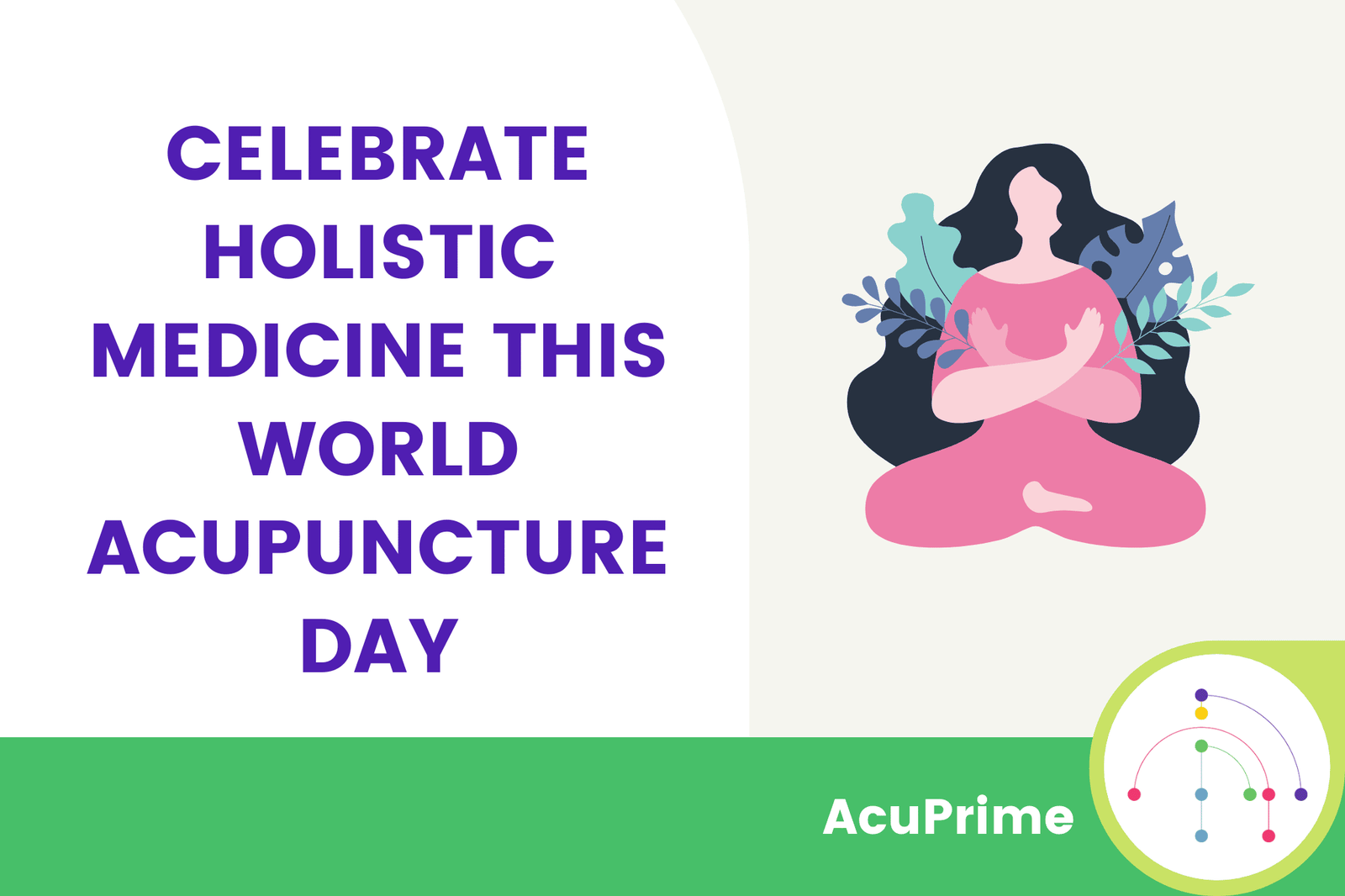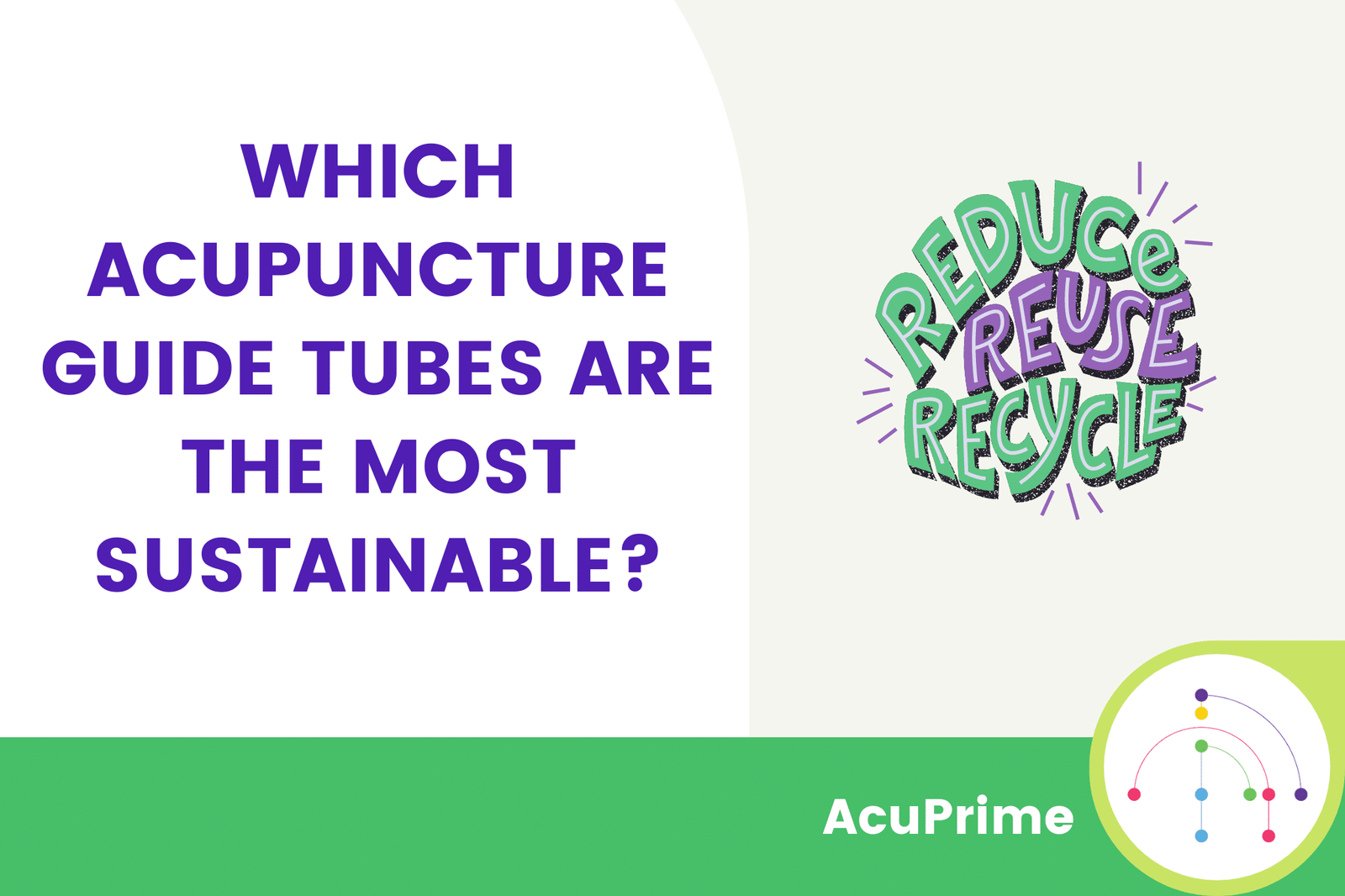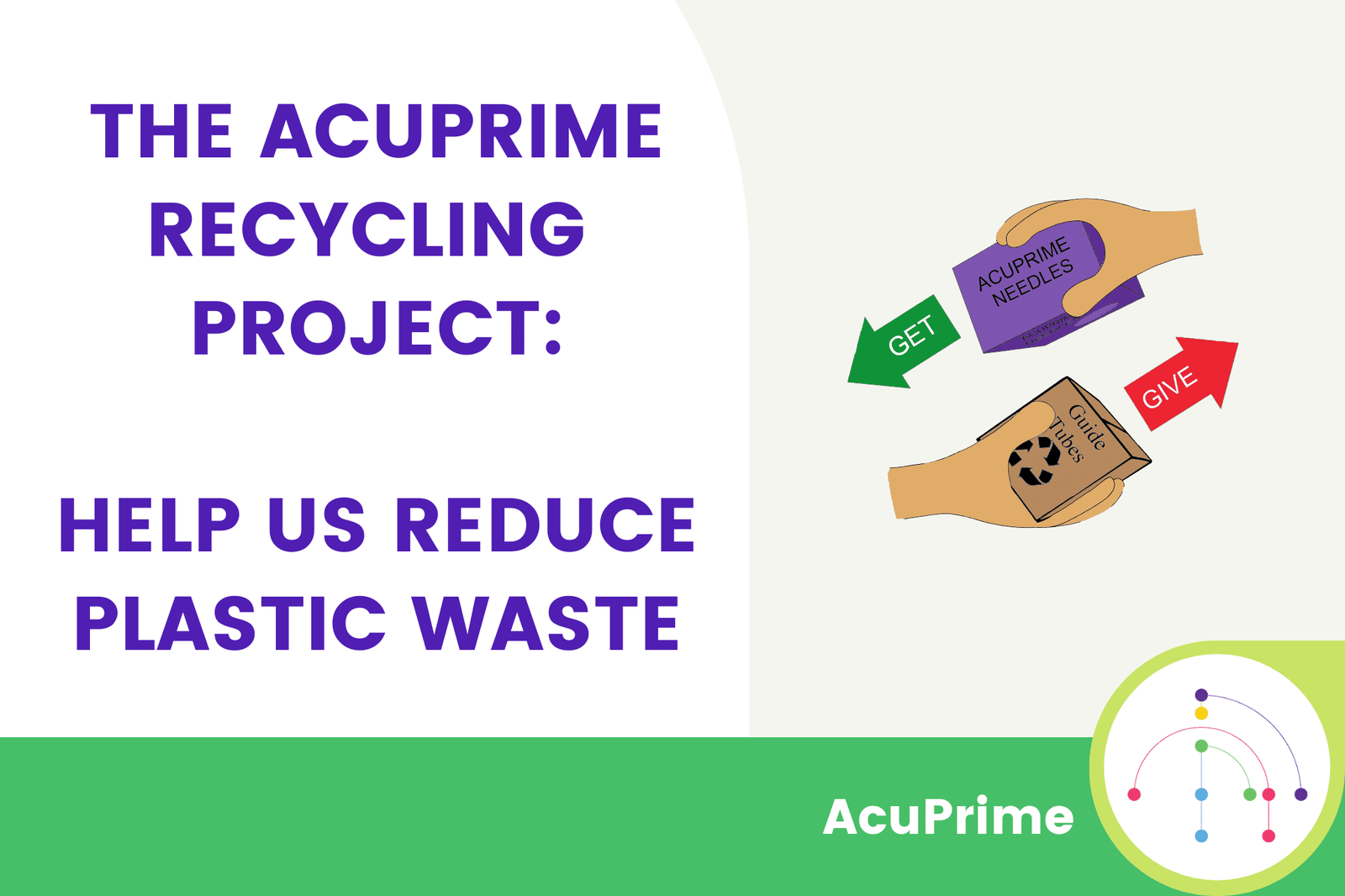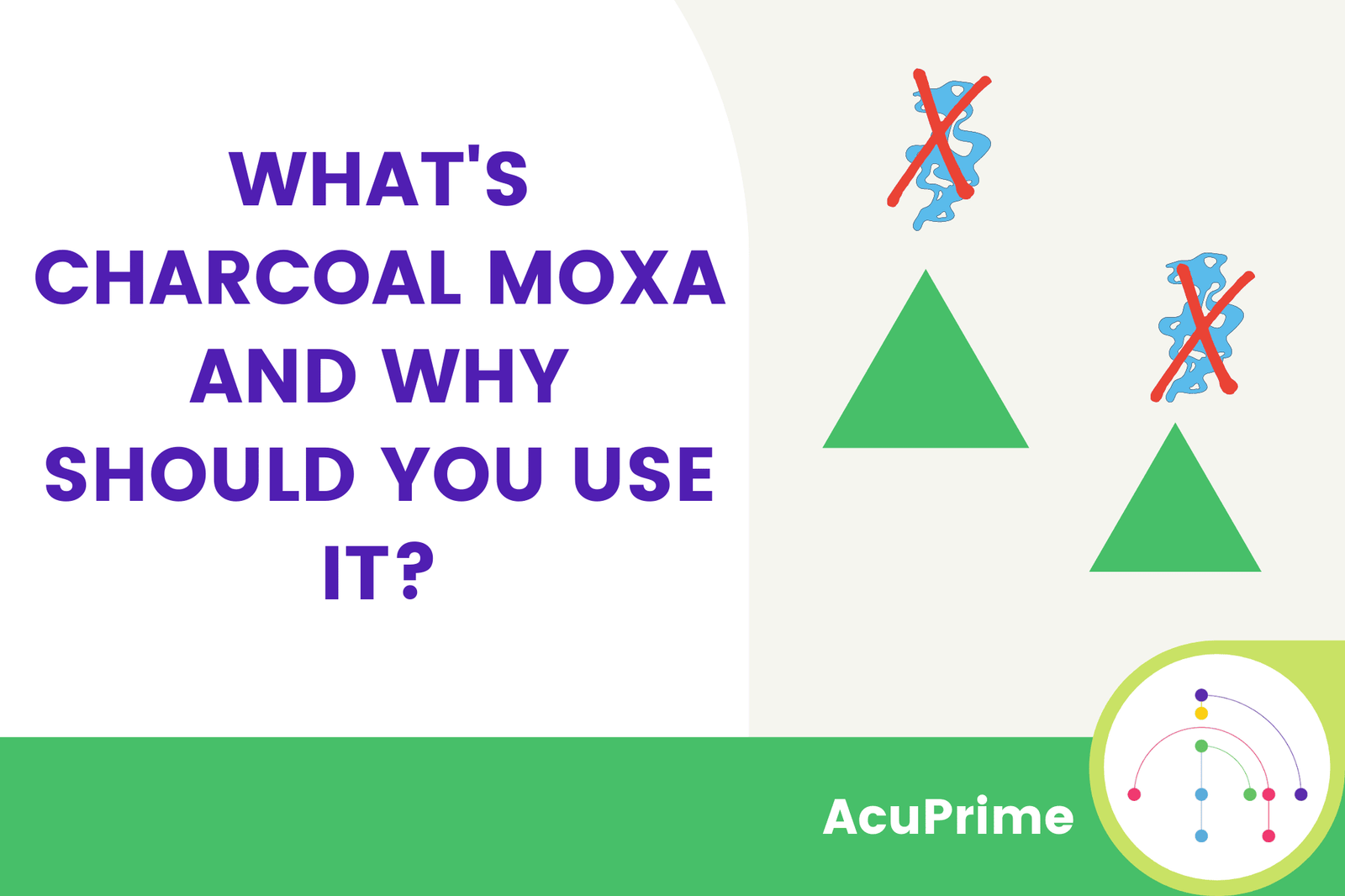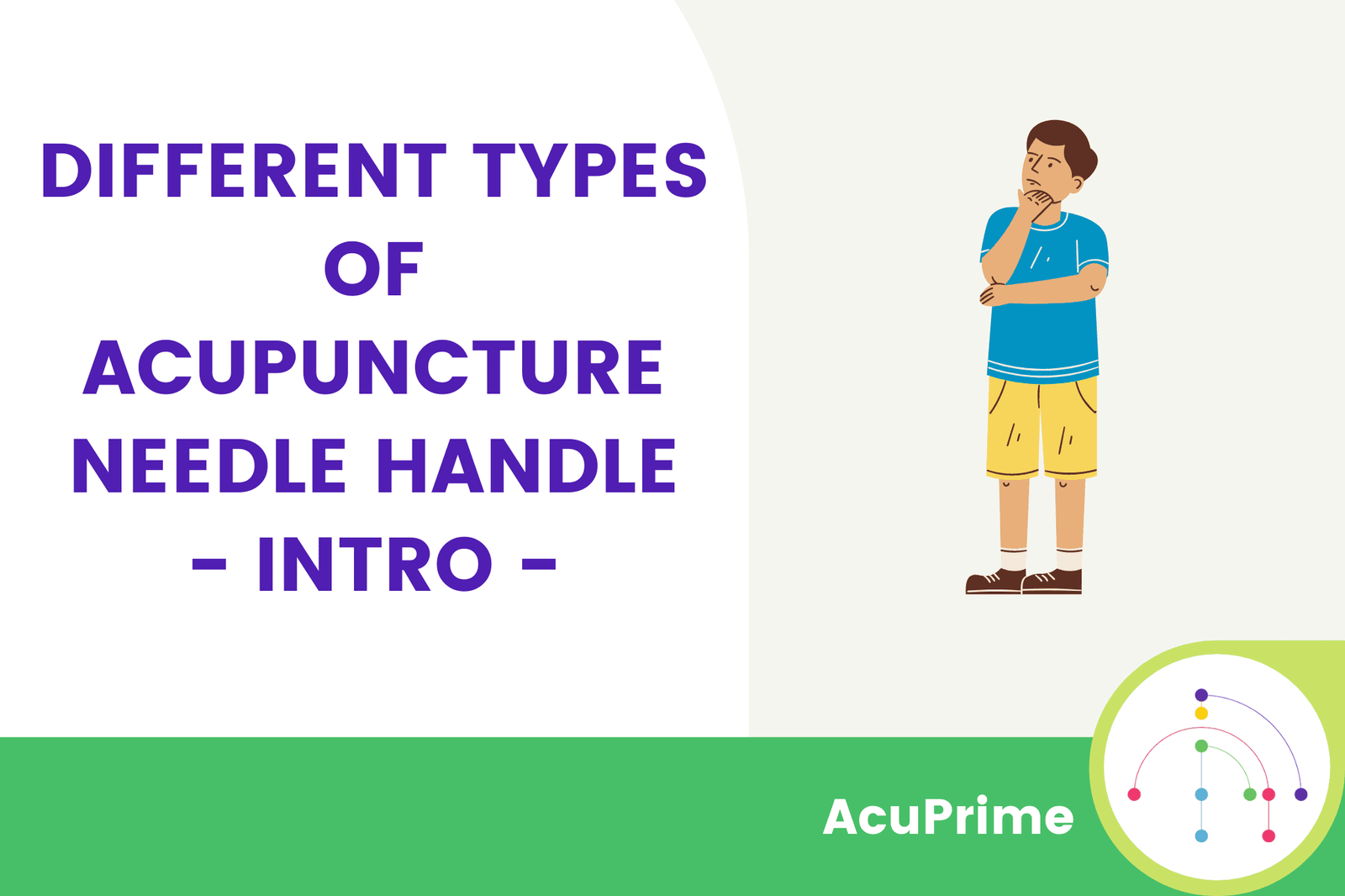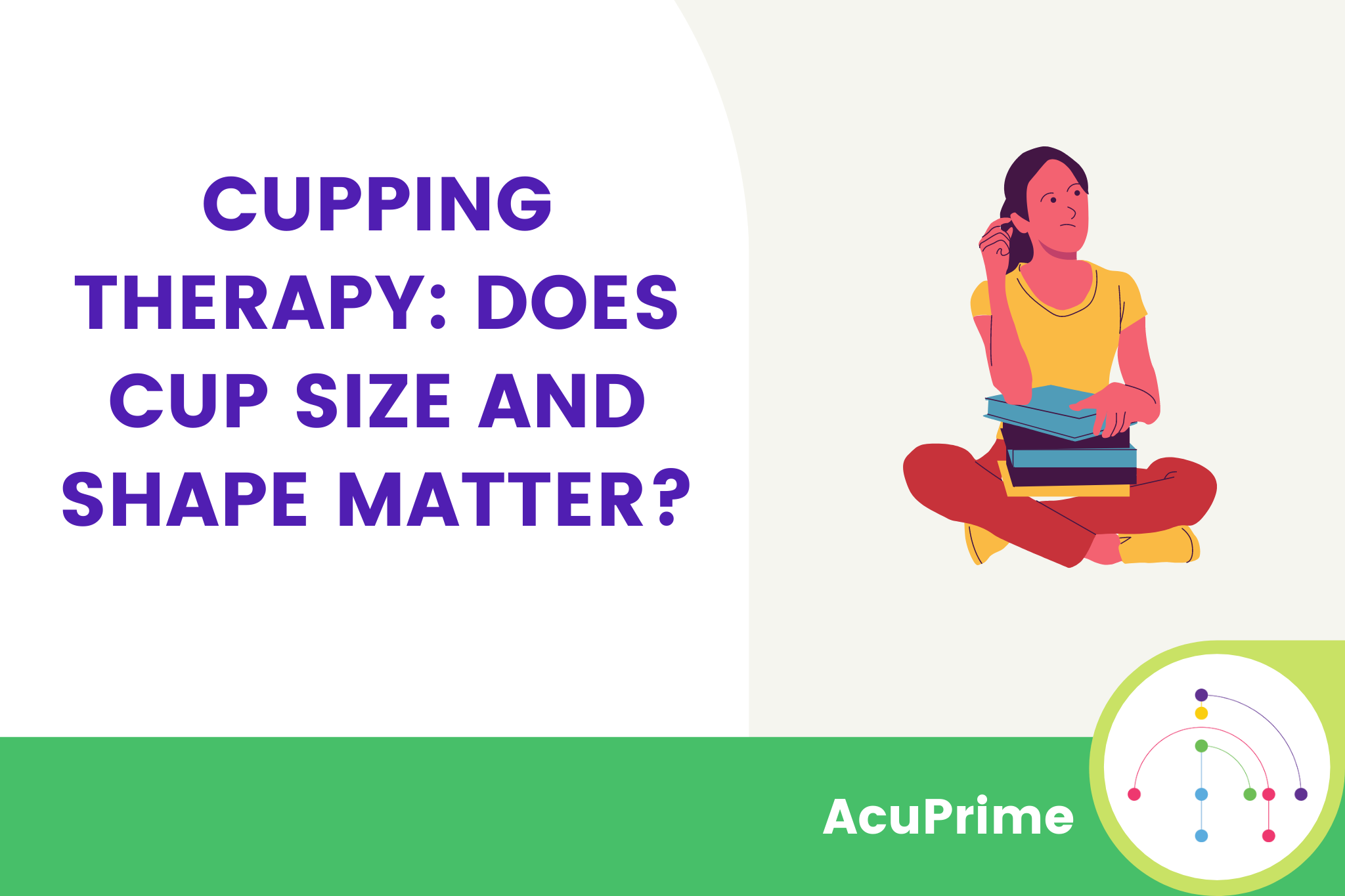Illness is difficult enough as it is and it would be nice to think that the moment our bodies have rid themselves of disease, we’re up and ready to get back to our lives. Except that is so rarely the case, as every allied health professional knows.
Even the common cold can leave us feeling tired and sluggish once it’s packed its bags and moved onto the next person. Flu can be debilitating and cancer can have physical and mental effects lasting years after it’s been ousted from our person.
Being illness-free does not necessarily put you back to where you were before. Instead, recovery and rehabilitation take over, lasting days, weeks, months or years. As we’re beginning to see the longer-term effects of Covid-19, it’s important for every patient-facing healthcare worker to take into account Covid-rehabilitation.
Community Rehabilitation
Community rehabilitation is that which takes place outside acute hospital settings, often in private homes, community hospitals and care homes. As in-hospital rehab services are hard to access across the country and struggling under the weight of demand, having rehabilitation services externally is vital to the needs of the community.
The Covid-19 pandemic has presented abundant challenges to healthcare professionals involved in rehabilitation, particularly in two, key ways.
- The pandemic has prevented those who ordinarily use non-Covid related rehab services from attending appointments
- The recovery and rehabilitation path for Covid patients differs dramatically from individual to individual and the health sector is still learning about its consequences
Both of these key challenges have created great change within the community rehabilitation sector, prompting remote appointments and recognising the need for considerably better access to rehab services.
Post-Covid Rehabilitation
This complex, varying disease not only affects individuals in different ways but it also causes varying ramifications once the virus itself is gone.
Common post-Covid issues are:
- Breathlessness during activity
- Poor energy levels
- Reduced lung capacity
- Loss of muscle mass
- Poor mental health
Covid-19 can be an exhausting illness that causes sufferers to spend significant periods of time sedentary, even if they’re never hospitalised for it. For those spending time in hospital, being bedridden also reduces muscle mass and has negative effects on mental health.
Getting back to full health is important for each and every patient and physiotherapists, acupuncturists, osteopaths and other allied health professionals have a tremendously important role to play.
Methods for Guiding Patients through Covid Recovery
Many patients will be feeling lost during their post-Covid recovery, particularly with economic and societal issues also arising from the pandemic. Therefore, it’s a great idea to consider steps you can guide your patients through, to help them recover.
Physical health
Each patient is different and will require a full consultation but, in general, simply resting is not going to do the job on its own. Instead, patients may benefit from gentle exercises that can help them rebuild muscular strength as well as lung capacity.
Through remote or face-to-face consultations, physiotherapists are already experts at advising exercises that patients can do at home with little to no equipment. This will continue to be essential as gyms and pools continue to be either locked down or places of higher risk.
Getting outside for gentle walks in nature may also be exceptionally beneficial for both physical and mental health. While not Covid-related, nature prescriptions have been trialled and are being adopted across the UK.
Mental health
Mentally health is tightly connected to physical health and recovery and yet often overlooked and services oversubscribed. However, holistic healthcare practitioners have much to offer for both physical and mental recovery.
Acupuncture and massage are both treatments with profound potential benefits for anyone going through illness rehabilitation. Both relaxing and invigorating, treatments from these disciplines may well be worth considering as a recommendation. Guided meditation, yoga and Ayurveda could also play a key role for patients looking for holistic answers.
Get Prepared for Post-Covid Rehabilitation
As the months progress, there will be fewer patient-facing healthcare professionals who will not come into contact with someone who has suffered from Covid-19. As a result, it’s important to begin planning your rehabilitation approach so that you’re ready to deal with those in recovery.
No matter what area of healthcare or alternative health you’re in, you’ve got something to offer. From relaxing treatments to guided, gentle exercises, considering what services you can offer for Covid recovery will help you provide the help required.
As always, we strive to provide the highest quality healthcare products from acupuncture needles to moxa, cupping sets and clinic essentials. You can browse our products and contact us for a trade account.


